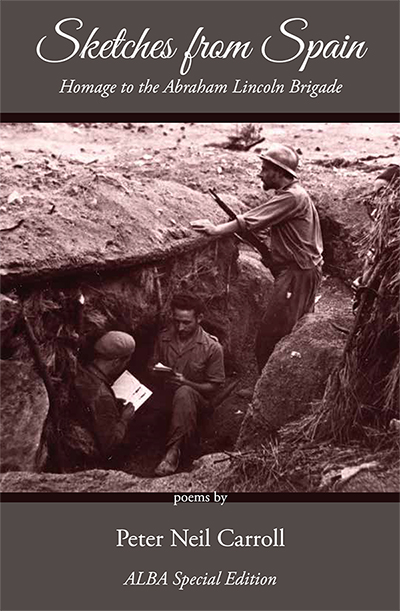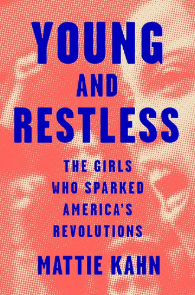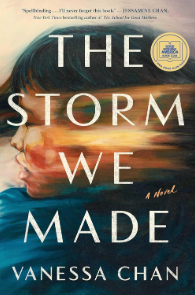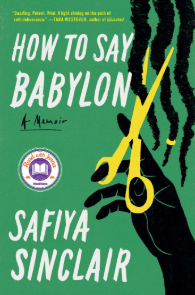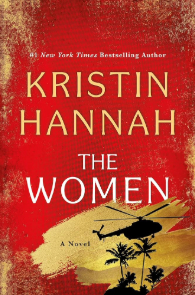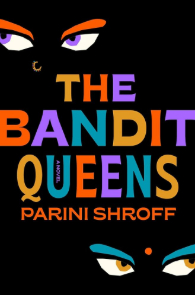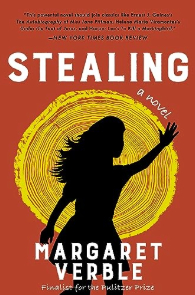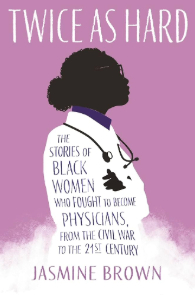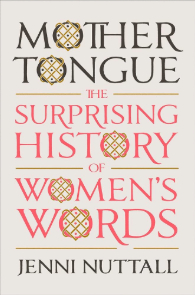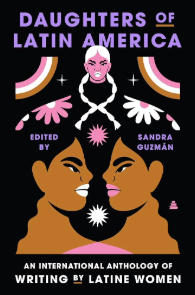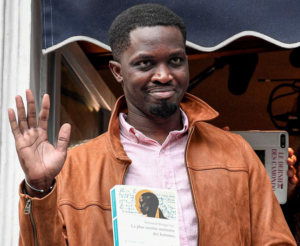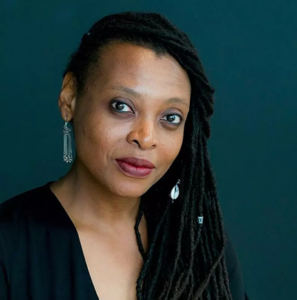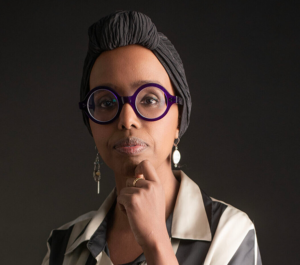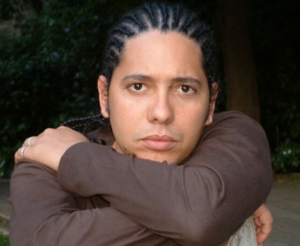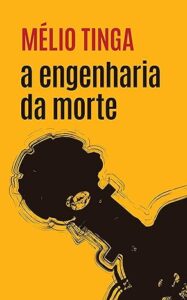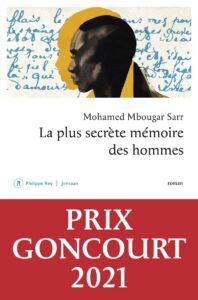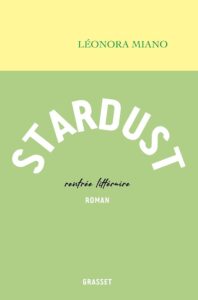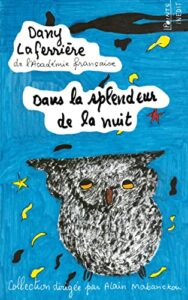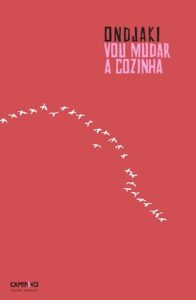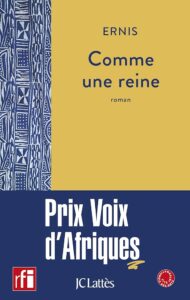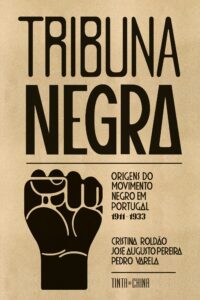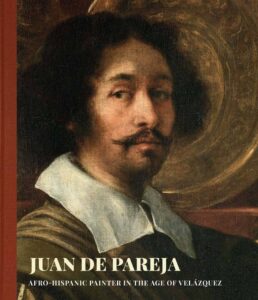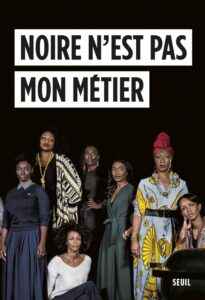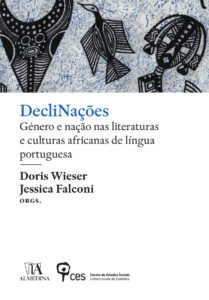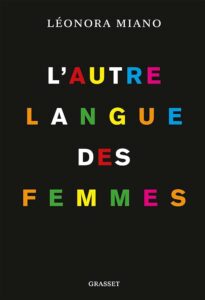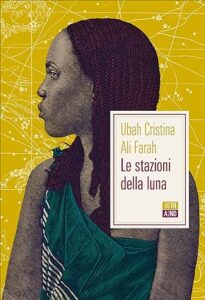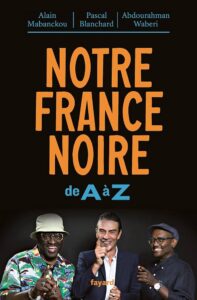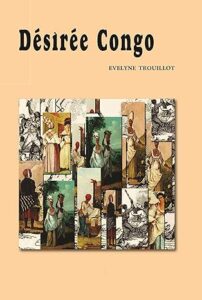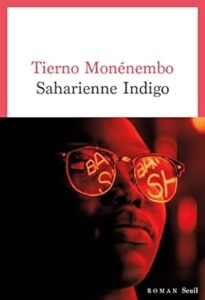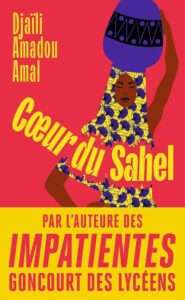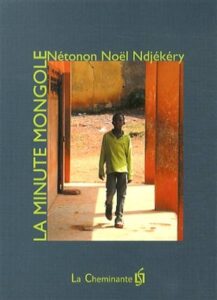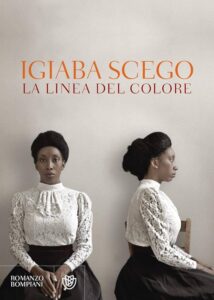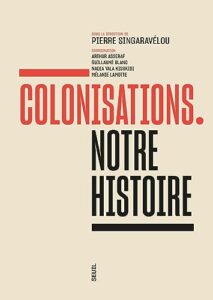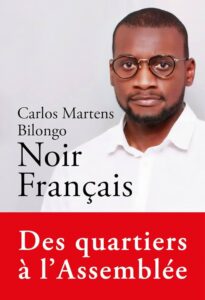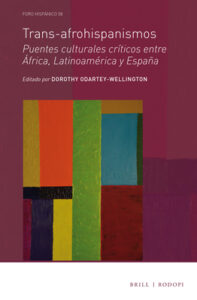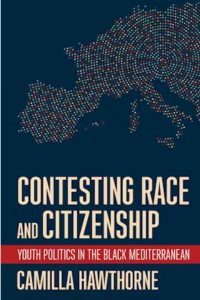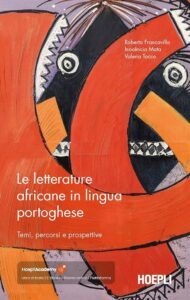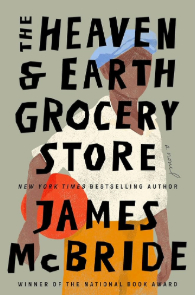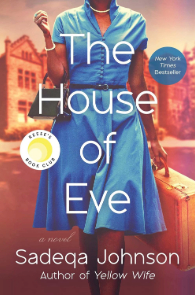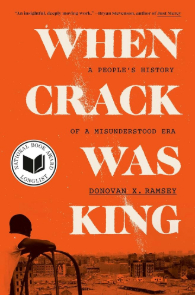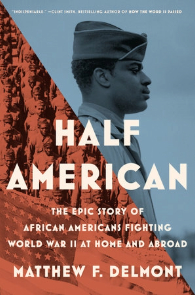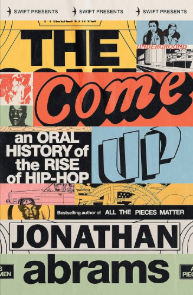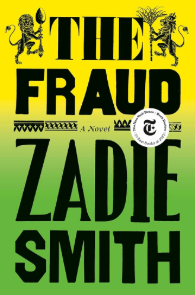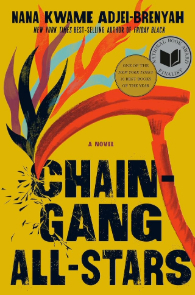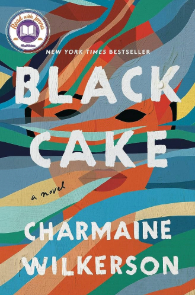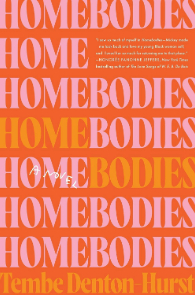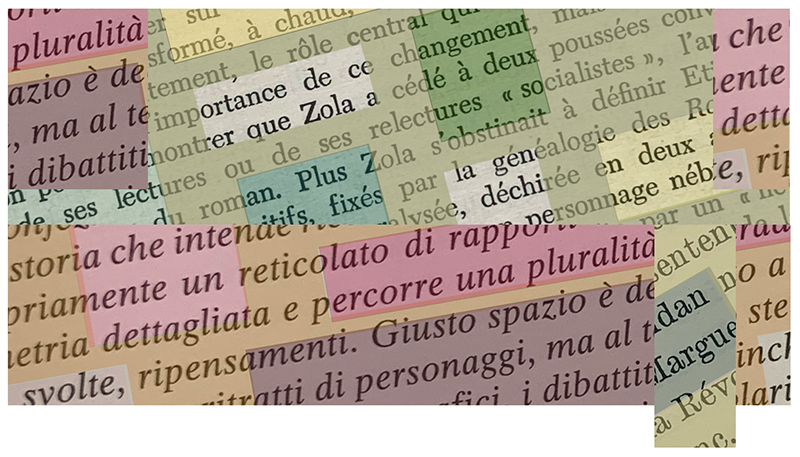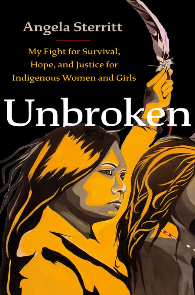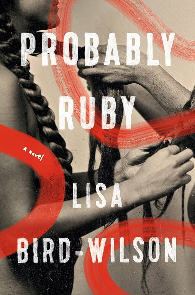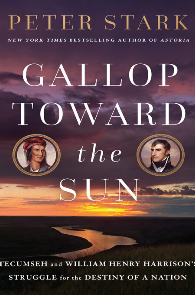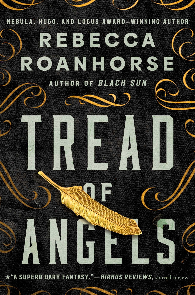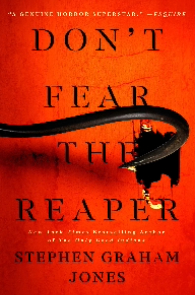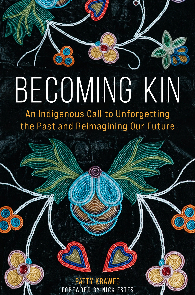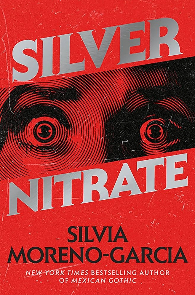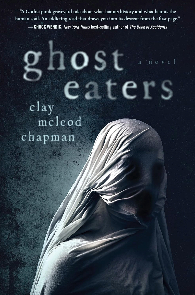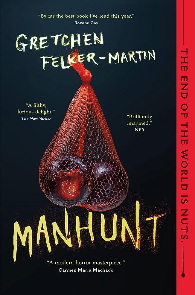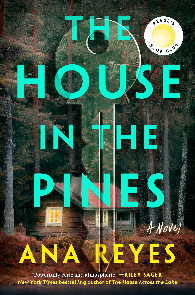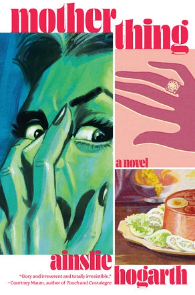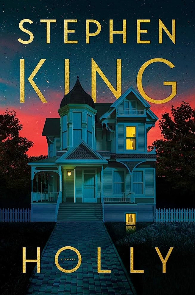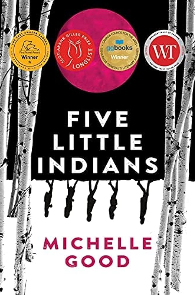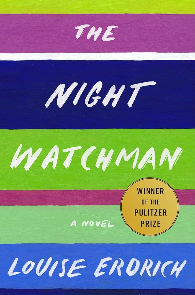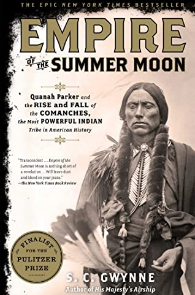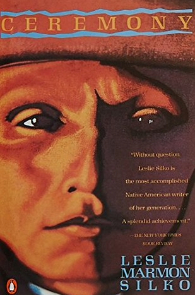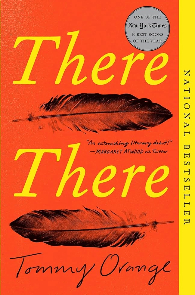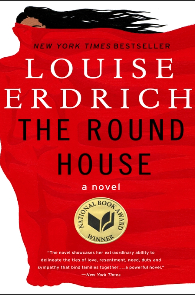Literature
Asian American & Pacific Islander Heritage Month

Dive into AAPI Month with our lineup of awesome books by Asian American & Pacific-Islander authors and characters! Get ready to explore their unique stories and perspectives, celebrating the richness of their culture, and find more at UCB Overdrive.
Angie Kim
Viet Thanh Nguyen
Sindya Bhanoo
Kiana Davenport
V. V. Ganeshananthan
Kathryn Ma
K. T. Nguyen
Prachi Gupta
Ling Ling Huang
Review of Sketches from Spain: Homage to the Abraham Lincoln Brigade
Peter Neil Carroll. Sketches from Spain: Homage to the Abraham Lincoln Brigade. ALBA Special Edition. Charlotte, NC: Main Street Rag Publishing Company, 2024.
Scholar and poet Peter Carroll may be best known for his historical works on the Spanish Civil War and the 2,800 Americans who served in it. Building on The Odyssey of the Abraham Lincoln Brigade: Americans in the Spanish Civil War (1994) and From Guernica to Human Rights: Essays on the Spanish Civil War (2015), this new collection of poems is a tribute to those volunteers known as Lincolns. Longshoremen, sailors, teachers, students, novelists, poets, nurses, doctors, barbers, carpenters, florists, truck drivers, plummers, salesmen, tailors, artists, cabbies, musicians, and factory workers of all types joined the International Brigades to stop fascism from spreading in Europe. Men and women alike, Jews, African Americans, Asian Americans from virtually all fifty states united in a common cause to liberate the democratically elected Republic of Spain from a fascist uprising led by General Francisco Franco and the neighboring dictators who propped him up—Hitler and Mussolini. Through a lyrical collage of archival sources and blank verse, Carroll has assembled a poignant testimonial of those Americans he knew who enlisted in the Abraham Lincoln and Washington battalions of the International Brigades, more commonly referred to as the Lincoln Brigade after the war.
The Lincolns or brigadistas were united by the choice they made to risk it all crossing the Atlantic for an uncertain fate. The deceased, the survivors, and even the deserters get equal page space in Carroll’s kaleidoscope homage. But not all are typical heroes in these non-fiction poems. The first is dedicated to the fragmented unknown soldier:
Does it matter who he is
or why he’s smiling, what he read?
he was there,
Spain 1937
in ill-fitting trousers and shirt,
fighting fascists,
anonymous, immortal.
Other poems are dedicated to those who became known for their personal uniqueness, or the unique path they took to get to Spain. Many of these volunteers were first-generation children of immigrants from big cities, and small towns. One Lincoln was the son of an Ohio governor while another actually ran for governor of California in 1946. Among the better known is the charismatic Berkeley graduate student Robert Merriman—son of a lumberjack—and his wife Marion, who arrived from California via a research fellowship in Moscow. Novelist, journalist, and screenwriter Alvah Bessie was one of the “Hollywood 10” and appeared before the House Un-American Activities Committee in 1947 where he refused to talk, and became “a minor star mingling with the left elite.” Another who rubbed shoulders with Ernest Hemingway—one of the most renowned chroniclers of the war—was a working class Jew from Brooklyn named Milton Wolff, who began as a machine gunner and was quickly promoted to battalion commander before returning home with the rest of the international volunteers in December 1938.
The war in Spain brought dignity to those discriminated against at home because of the color of their skin, such as Crawford Morgan:
In Spain I felt like a human being, a man.
People didn’t look at me with hatred in
their eyes because I was black, it is quite
a nice feeling to feel like a human being.
Or Salaria Kea:
She stood out, the one African American
woman in the Spanish Civil War, a nurse who
spoke her mind, fought racism, saved lives.
Carroll’s poems, rarely more than a page, are structured around both known and little known facts which defined these volunteers, many whom Carroll was able to interview himself when they were alive. Nearly all joined the Communist party—a prerequisite of the Comintern’s recruitment and a decision which would follow the survivors back to the United States. Many Lincolns were persecuted, blacklisted, imprisoned, or driven to suicide or exile by their own government during the McCarthy era. Carroll’s verses locate the humanity in those volunteers who had broken and turned against the cause. Edward Barsky, on the other hand, was among so many like Bessie and others who paid a high price for refusing to name names:
[…] He went to prison—
six months and a fine. Now a felon, he
lost his New York medical license but
what else could a good doctor do?
Whether they died in Spain, in the next World War, or in the U.S. most dedicated their lives to the struggle, taking up similar causes along the way. Carroll’s poems document how they found meaning and relevance in new fights against totalitarianism, racism, and anti-semitism in the 20th century. While many re-enlisted and served proudly in World War II, others protested American wars in Korea, Vietnam, and Iraq as well as American covert operations in Cuba, Chile, and Central America.
Peter Carroll’s Sketches from Spain: Homage to the Abraham Lincoln Brigade is an accessible testament and representation of extraordinarily moving individuals who put their lives on the line to change the world. They recognized the high stakes at play in Spain, which so many Americans realized too late, as World War II would come to prove.
Claude Potts is the Librarian for Romance Language Collections at the University of California, Berkeley where he is also part of a cross-departmental team working to install on the campus a plaque honoring Spanish Civil War volunteer Robert H. Merriman. This review also appeared in H-Spain.
Women’s History Month 2024

Empowerment, inspiration, and a dash of magic: Celebrating Women’s History Month with a collection that bridges worlds, both real and imagined, penned by fierce women who redefine history, one page at a time! Check out UCB Overdrive for more great finds.
Mattie Kahn
Vanessa Chan
Safiyah Sinclair
Kristin Hannah
Parini Shroff
Margaret Verble
Jasmine Brown
Jenni Nuttall
Sandra Guzman
Celebrating Black History Month in the Romance Languages
Contemporary Black, African, and African diaspora writers across the world are redefining literature and criticism in French, Italian, Spanish and Portuguese. Here are some noteworthy books in their original languages recently acquired by the UC Berkeley Library. Translations into English may also be available for some of the better known.
Mélio Tinga
Mohamed Mbougar Sarr
Léonora Miano
Cristina Roldão et al.
David Pullins
Aïssa Maïga et al.
Doris Wieser & Jessica Falconi, orgs
Léonora Miano
Ubah Cristina Ali Farah
Alain Mabanckou, Pascal Blanchard, et Abdourahman Waberi
Evelyne Trouillot
Dimitry Elias Léger
Tierno Monénembo
Djaïli Amadou Amal
Nétonon Noël Ndjékéry
Igiaba Scego
Pierre Singaravélou
Carlos Martens Bilongo
Dorothy Odartey-Wellington, ed.
Camilla Hawthorne
Inocência Mata et al., eds.
Please also see the related English literatures post for Black History Month 2024 and the Black History at Cal library research guide.
Black History Month 2024

This February, check out our 2024 Black History Month picks from cultural contributions, relatable stories, and historical moments.
James McBride
Sadeqa Johnson
Donovan Ramsey
Matthew Delmont
Jonathan Abrams
Zadie Smith
Nana Kwame Adjei-Brenyah
Charmaine Wilkerson
Tembe Denton-Hurst
Revamped Guides for French/Francophone and Italian Literatures
A recent overhaul of the two literary research guides for French and Francophone Literatures and Italian Literature & Criticism first created quite a long time ago will improve navigation and discovery in these vast print collections. Over the course of the past year, we have critically reviewed the former guides, weeded outdated resources, and replaced them with more current content with links to digital resources when available.
These two literature research guides are now benefiting from the LibGuides platform, which makes it much easier to revise than the former PDFs. Each guide is structured by sections for article databases, general guides and literary histories, reference tools, poetry, theater & performance, and literary periods. They interface seamlessly with related guides published by the UC Berkeley Library. For example, on the home page of each LibGuide, there is a prominent link to the lists of recently acquired publications in both French and Italian, making it even easier to stay current on new books in any particular call number range.
Because the guides are much easier to update, they encourage user interaction and invite community suggestions for inclusion (or deletion).
If you have time over the winter break, please take a whirl and let us know what you think. We’ll be unveiling a similar guide for Iberian Literatures & Criticism this spring!
Celebrating more than 150 years of World Languages at Berkeley
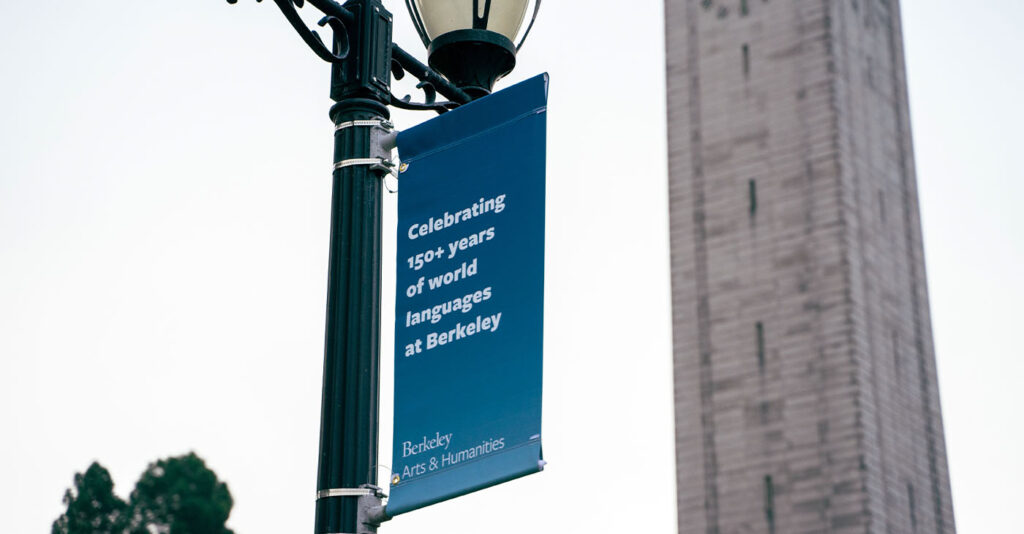
New banners celebrate 150+ years of Berkeley’s prominence in teaching world languages
At least 60 languages — from Mongolian and Old Norse to Polish, Catalan, Ancient Egyptian, Arabic and Biblical Hebrew — are taught at UC Berkeley, one of the nation’s top institutions for the breadth and depth of its world languages program. A growing emphasis also is being placed at Berkeley on revitalizing and preserving endangered languages, most of them spoken by Indigenous peoples.
To help honor more than 150 years of global languages at Berkeley, 63 colorful banners will begin flying throughout campus today, and for the next 18 months, that feature facts about the campus’s language programs, as well as 21 bilingual and multilingual faculty members, students and alumni.
Among the messages on the banners:
- Collectively, undergraduates at UC Berkeley speak more than 220 different first languages.
- More than 500 language learning classes are taught at Berkeley annually.
- More than 6,000 Berkeley students enroll in those classes each year.
- In 1872, the first endowed chair in the UC system was created — for the study of East Asian languages at Berkeley.
- Students at all UC campuses can take online African language classes at Berkeley, which is well-known for Amharic, Igbo and Swahili instruction.
Reposted from Berkeley Letters & Science 10/25/23
See also: https://artshumanities.berkeley.edu/celebration-world-languages-uc-berkeley
Native-American Heritage Month

Celebrate National Native American Heritage Month in November with us! We’ve put together a collection of fiction and non-fiction for you to explore. Find more information and discover live events on the Native American Heritage Month website.
Angela Sterritt
Lisa Bird-Wilson
Peter Stark
Rebecca Roanhorse
Stephen Graham Jones
Patty Krawec
Halloween Picks 2023

Celebrate this year’s Spooky Season with some of these terrifying and suspenseful titles below. From ghosts to haunted houses and even our own thoughts, check out these books if you’re feeling the Halloween festivities this October.
Silvia Moreno-Garcia
Clay McLeod Chapman
Gretchen Felker-Martin
Ana Reyes
Ainslie Hogarth
Stephen King
Indigenous Peoples’ Day

Celebrate Indigenous Peoples’ Day this Monday, October 9th with these wonderful selections by Native authors illustrating stories on Native history and fiction.
Michelle Good
Louise Erdrich
S. C. Gwynne
Leslie Marmon Silko
Tommy Orange
Louise Erdrich









